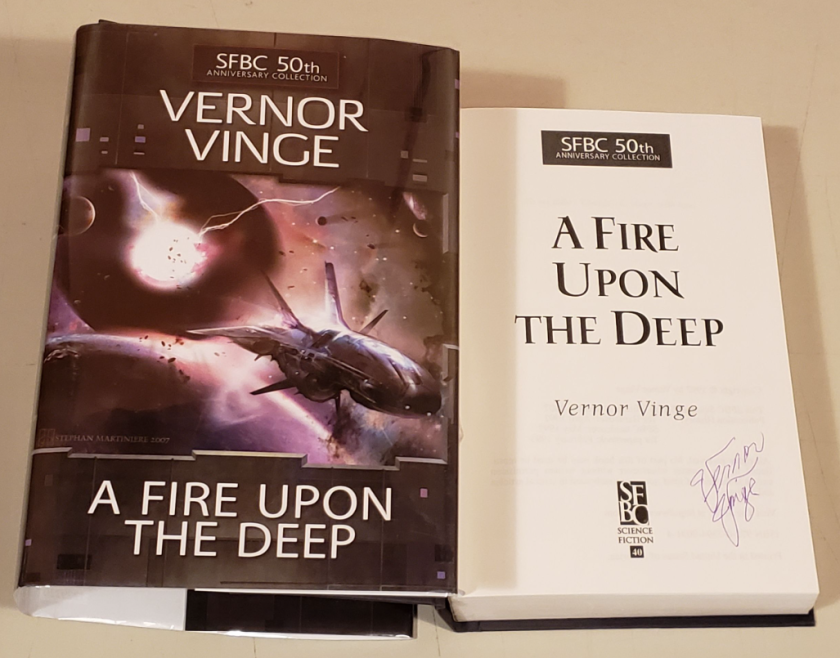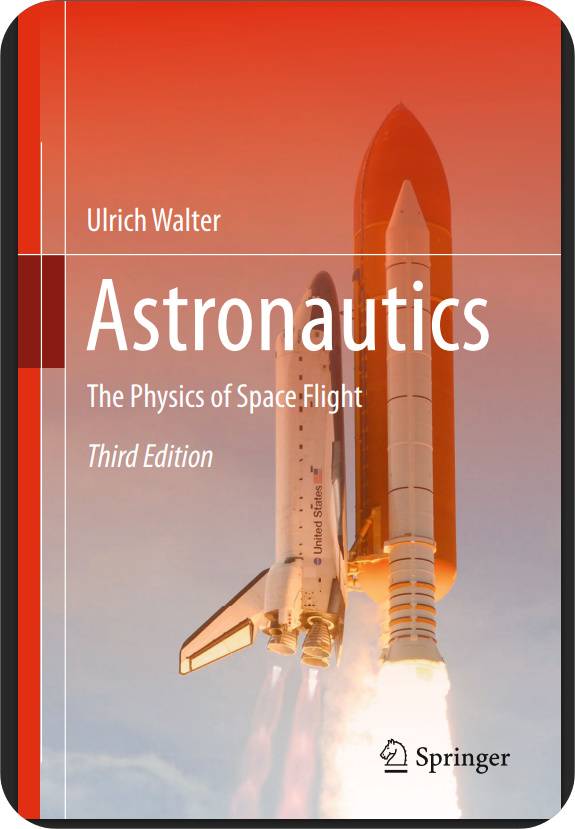
Parallel Worlds: The Science of Alternative Universes and Our Future in the Cosmos by Michio Kaku is a pandora’s box of parallel worlds hovering around us all the time. This is my third read after Physics of The Future and The Future of Humanity from the same author.
Michio Kaku calls himself a “populariser of science” and like Dr. Brian Greene, he is a master story teller of science who can effortlessly make difficult science concepts easy to grasp even to a person who has no science, physics to be more specific, background.
Kaku holds hand of his readers and walks them through blackholes, worm holes and time warps. And ultimately transports them to parallel universe. This book makes us believe that time travel is possible and it is within the limits of science. Isn’t that mind boggling!
Understanding of our universe
Cosmologists agree that our universe is dynamic, it is expanding outwards. We are constantly living within force fields that was once part of the super symmetry before the big bang. Our existence not only depended on the forces that we feel consciously as postulated by Newtonian forces but the uncertainty principle, quantum mechanics, relativity, string theory too constitute our existence.
Kaku presents the understanding of our universe through the lens of Newton, Lemaitre, Halley, Darwin, Einstein, Gamow, Hoyle, Penzias and Wilson, Wheeler, Feynman, Schrodinger, Hawkins and other luminaries.
Other interesting facts that he puts before us in this book are:
- why night appears to be black in color
- how the uncertainty principle links to consciousness
- universe started out in a state of perfect symmetry with all the forces unified into single force
- how quantum theory leads to infinite realities
- decoherence
- Schrodinger’s wave equation helps un in keeping track of the proliferating universes
- difference between Schrodinger’s wave function (every point in spacetime there is a wave function) and Hawking’s wave function (for every universe, there is a wave)
- the three laws of thermodynamics
- a foray into quantum entanglement
- 11-dimensional theories

Potential of string theory
Kaku talks elaborately on string theory as he thinks that it is the best candidate to explain the theory of everything.
String theory holds that fundamentally everything is a vibrational string and not particle or point in space. Therefore, particles of quantum theory are equivalent to musical notes of the universe.
It takes a bold step by asserting that a graviton (a spin two particles with zero mass) or quantum of gravity is the lowest vibration of the string. By calculating the interactions of these gravitons, Einstein’s theory of gravity in quantum form surfaces.
Further, computations and permutations of string theory translates to enormous restrictions on spacetime. On analysing these constrains, Kaku says, Einstein’s old theory of general relativity comes up.
Therefore, string theory gives way Einstein’s theory, naturally.
Engineering of the far future
Not only unifying theory, the book touches upon topics like:
- different stages of universe
- types of civilisations across aeons
- gravity waves
- some attempts to discover the Higgs boson
- bosons and fermions. The two categories of forces and particles of the universe.
He also helps us peek into the engineering of the far future. For instance, he makes us believe in the possibility of warp drives, a form of a network of paths where people across planets might connect.
Also, in future, humanity could harness hydrogen in deep space via Ramjet fusion engines. The engines could scoop hydrogen of deep space and then burn it for unlimited energy for high-speed interplanetary distance.

Takeaway: No prior knowledge in physics is required
The book is thoroughly based on forefront of current research in physics – both classical and quantum – yet no where the reader will feel left out. This is the magic of Michio Kaku. He makes sure that readers – irrespective of their academic background – are with him on the same page of scientific understanding while unravelling the mysteries of universe. After all, this book is an art of exotic physics.
I also liked the way he mentioned the plots of some awesome science fiction books to make things easier for us to understand. I have added them down in my “to read list”, some of them are:
- Tau Zero by Poul Anderson
- The Gods Themselves by Issac Asimov
- The Invisible Man by HG Wells
- The Wonderful Visit by HG Wells
- Eon by Greg Bear
After reading this book, one thing that I take away with me is, the idea that universe is more interesting than we have yet imagined it to be.



